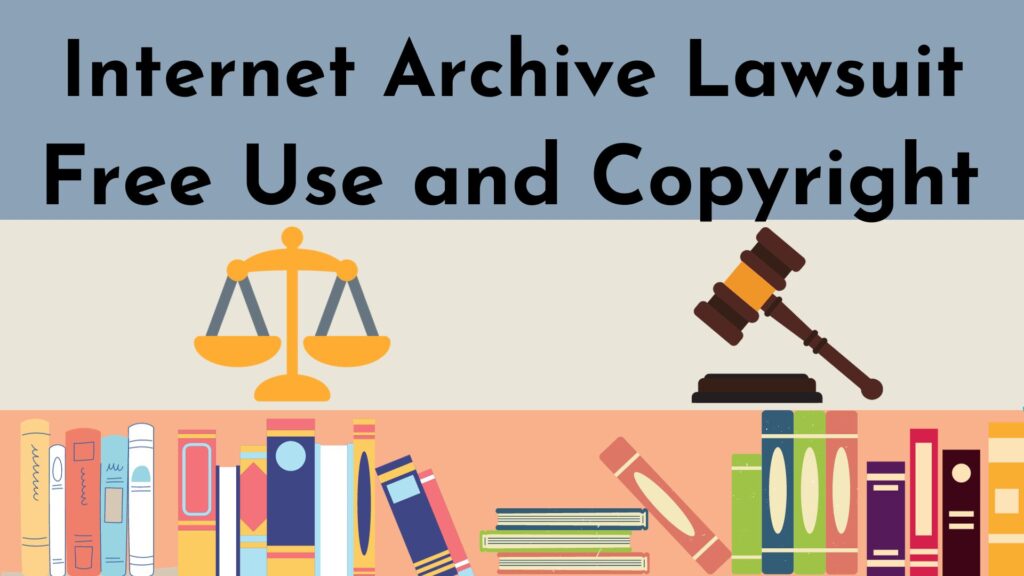Internet Archive loses publishers’ lawsuit, files appeal in the name of preservation
Written by Trevor Priesnitz
At the start of this year, the website named Internet Archive was sued by four different publishing companies for 127 counts of copyright infringement. The Internet Archive would go on to lose the consequential court case (Hachette Book Group, Inc. v. Internet Archive) in March of 2023. U.S. District Court Judge John G. Koeltl ruled that what the website was conducting mass copyright infringement and that the website was creating “derivative” works in doing so. Last month in September, the Internet Archive began their appeal of this ruling.
The Internet Archive is a public digital library that contains eBooks, music, video games, and a plethora of other resources for free anywhere in the world. Website founder Brewster Kahle states, “For democracy to thrive at a global scale, libraries must be able to sustain their historic role in society–owning, preserving, and lending book.” The website took the initiative to scan thousands of books from their physical collection into PDF format and upload them onto their website. Their argument for why this was not copyright infringement was that users could not download these eBooks. Instead, they implemented a system in which a user could lend the book so long as they had an internet connection, and they could only borrow for an hour at a time. Other users could not access that copy of the book if somebody else was currently lending it. Internet Archive argued that because their legally purchased physical copies were sealed in their warehouse, it was a fair one to one system of lending.
However, the publishers Hachette Book Group, HarperCollins, John Wiley & Sons, and Penguin Random House did not agree with this sentiment. They argued that the Internet Archive was jumping hurdles that other digital libraries had to tackle in order to legally lend out their properties. Pertaining to the Internet Archive’s one to one system of lending, Judge Koeltl states, “no legal principle supports that notion. Every authority points in the other direction.” While the Internet Archive has a very noble cause, the ruling deemed they ignored the systems in place to do it legally. But this case does bring up the question of what is considered moral when it comes to access to literature and information. Does the internet need a place where people around the world can access groundbreaking novels, up-to-date scientific texts, and other essential resources unrestricted and unmonetized? That is the question that keeps this legal battle from ceasing anytime soon.




